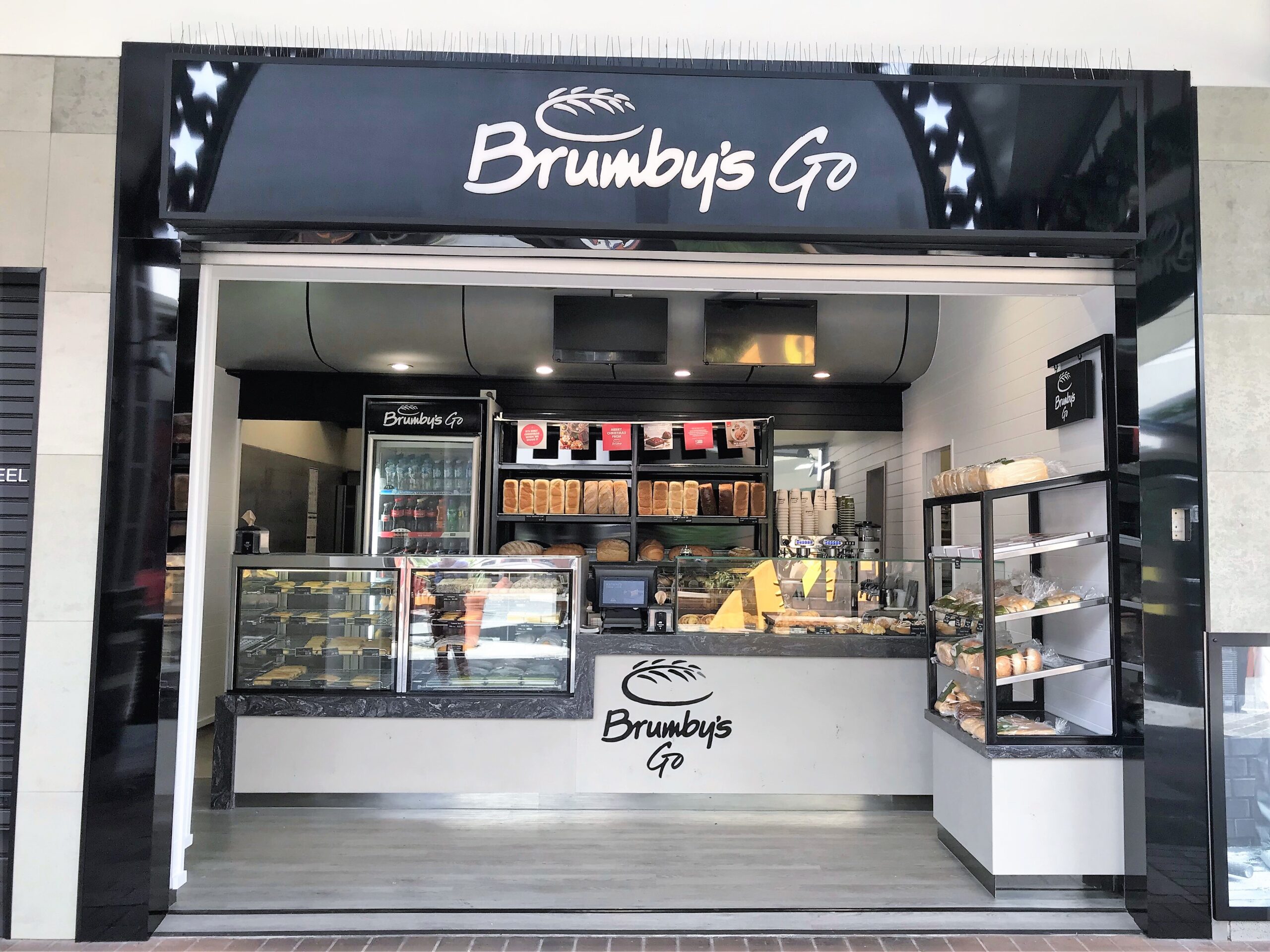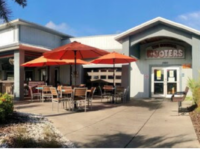Retail Food Group’s new CEO Richard Hinson says the scandal-plagued franchise sector needs to “get ahead of the curve” on public sentiment amid an ongoing Senate inquiry into the effectiveness of the franchising code of conduct.
Speaking at a QSR industry forum on Wednesday, the recently appointed Hinson said RFG had identified a need to “basically double” the support it was providing to franchisees in its network.
Hinson is leading a broad-based turnaround of the listed franchise group after a series of high profile allegations levied against the company late last year crashed its market value and worsened already strained trading conditions.
He said on Wednesday that he remained focus on rebuilding the trust of partners across RFG’s portfolio of brands, including the Donut King, Gloria Jean’s, Michel’s Patisserie and Brumby’s Bakery businesses.
“We are focused very heavily on rebuilding trust within our network. It’s trust and transparency as much as anything else,” Hinson said.
“Disclosure documents and the level of information provided is critical, but equally it’s about the support we provide those franchisees, so there’s a need for an increased level of support in this particularly tough retail environment that we’re in.”
Costs and profits
Increasing rent, administration, insurance and utility costs were weighing on RFG’s franchisee network, Hinson said.
“Let’s face it, costs are going through the roof for most franchisees … it’s on us as a franchisor [to] help our franchisees through that challenge at a time where prices aren’t keeping up with the inflationary pressure of those elements.”
RFG’s franchise model remains in a state of active and complete review, with the business having spent millions so far this year bolstering the levels of support it provides to the network.
Touching on the subject of supplier rebates, an ongoing point of criticism of RFG’s business model, Hinson said the franchisor was focused on ensuring products had value and remained economically viable moving forwards.
“If we can do that going forwards, and do it the right way, then rebates become less of a concern for our franchisees… rebates become a moot point if a franchisee is profitable,” he said.
The commentary comes as public hearings for a Senate Inquiry into the effectiveness of the Franchising Code of Conduct got underway last week. The Senate called the inquiry earlier this year after the publications of allegations against RFG and a range of other large franchise networks, including Domino’s and 7-Eleven, in recent years.
Looking forward at the digital future of retail, Hinson was both interested and reluctant to push wholeheartedly into new technologies.
“The biggest change in direction RFG is going in is into digital loyalty,” he said.
“For us, engaging with our customer and understanding them in a way that allows us to target offers, not through a shotgun approach, but through a sniper approach [that] makes it more affordable for our franchisees to engage with their customer base.
But as photos of poor quality products being sent out across RFG’s network continue to surface, Hinson said getting the basics right was also going to be a priority for the business.
“At the end of the day, we’re in retail, and to get a product to sell you’ve got to do all the old merchandising techniques the right way, product has got to look appealing,” he said.
“In our legwork we’re paying a hell a lot of attention to how we bring back some of those old-world retail skills.”
In Hinson’s new RFG, making franchisees and staff happy will be the key to improving old fashioned customer service.
“This is about putting the footprint that we’ve got to life, using things like digital as an innovative solution, but at the end of the day digital is only good enough to get people to the front of your shop,” Hinson explained.
“If your staff aren’t servicing people properly – if they’re not happy, cheerful, doing the old fashioned customer service approaches and having products on display that entices them to buy, then we’re kidding ourselves,” he said.












